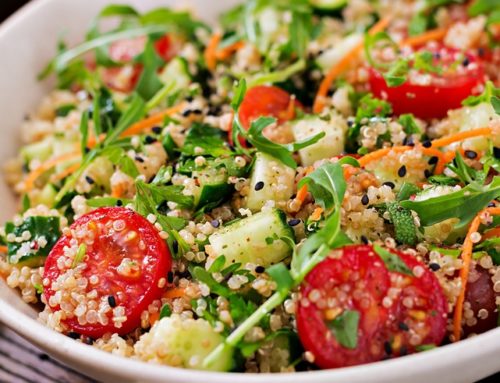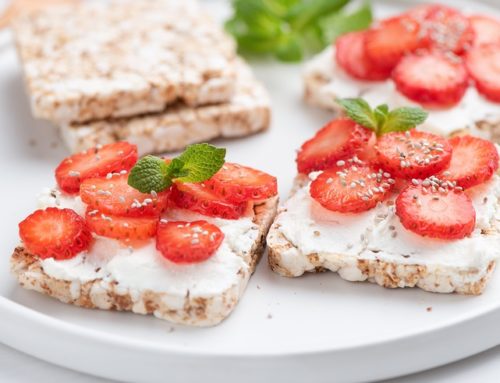February is known for many things. Here in the northeast, we think of cold, blustery, sometimes snowy days (thank goodness it’s also the shortest month of the year!). Some of us start to worry that our New Years’ Resolutions didn’t stick. And if we are working on a weight loss goal, we cringe at the thought of candy appearing everywhere for Valentine’s Day. Why do we find this so burdensome? We know we shouldn’t indulge in this sugary goodness, but it seems to have a hold on us. To help you become a sugar sleuth, our February nutrition blog posts will be a primer in sugar. Why we crave it, where it shows up in our diets, and some ways to find sweetness in holidays like Valentine’s Day without too much of it.
We humans are prewired to have a preference for sweets. Research has shown that babies & young children have an innate preference for intense sweetness. It has been hypothesized that this is a survival mechanism, making them predisposed to choose higher calorie options when food is scarce. This natural preference for the hyper sweet does fade in later adolescence, but the effects of consuming sugar does not. As with other addictive substances, our brain lights up with feel-good hormones like dopamine when we consume sugar. So not only does it make us feel good to eat sugar, but it also happens to be difficult to avoid in our food supply. Not a comfortable reality, when we’re being advised by medical & nutritional experts to avoid it.
What are some ways to manage this conundrum? First, do your best to avoid purchasing foods with added sugars (more on that in later posts, stay tuned!). Use your sugar budget strategically. Women are advised to consume under 6 tsp of sugar a day, so make sure the sugar you do eat is worth it (i.e. nutritious). When you count up the sugar that occurs naturally in dairy products like yogurt, fruits, and vegetables, you’ll find you’re probably already there. So make a point to satisfy that sweet tooth with foods that are providing valuable nutrition like these. And take heart in the fact that as with other addictive substances, your desire should fade over time as you cut back. Speak with your Nutrition Specialist for more tips on how to overcome your sweet tooth today, and stay tuned for our next sugar-related!





